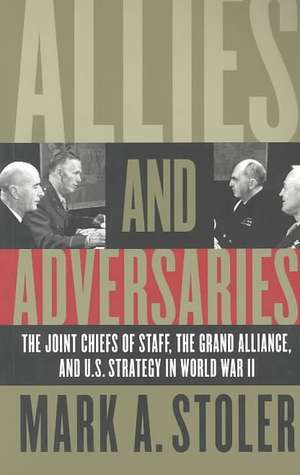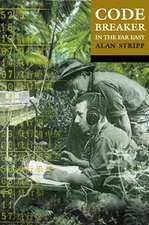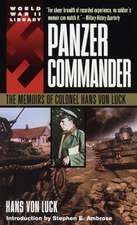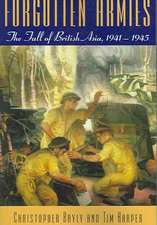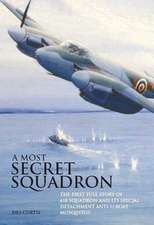Allies and Adversaries
Autor Mark A. Stoleren Limba Engleză Paperback – 31 iul 2003
Preț: 362.33 lei
Nou
Puncte Express: 543
Preț estimativ în valută:
69.34€ • 72.13$ • 57.24£
69.34€ • 72.13$ • 57.24£
Carte tipărită la comandă
Livrare economică 15-29 aprilie
Preluare comenzi: 021 569.72.76
Specificații
ISBN-13: 9780807855072
ISBN-10: 0807855073
Pagini: 408
Dimensiuni: 140 x 231 x 24 mm
Greutate: 0.59 kg
Editura: University of North Carolina Press
ISBN-10: 0807855073
Pagini: 408
Dimensiuni: 140 x 231 x 24 mm
Greutate: 0.59 kg
Editura: University of North Carolina Press
Notă biografică
Mark A. Stoler is professor of history at the University of Vermont in Burlington.
